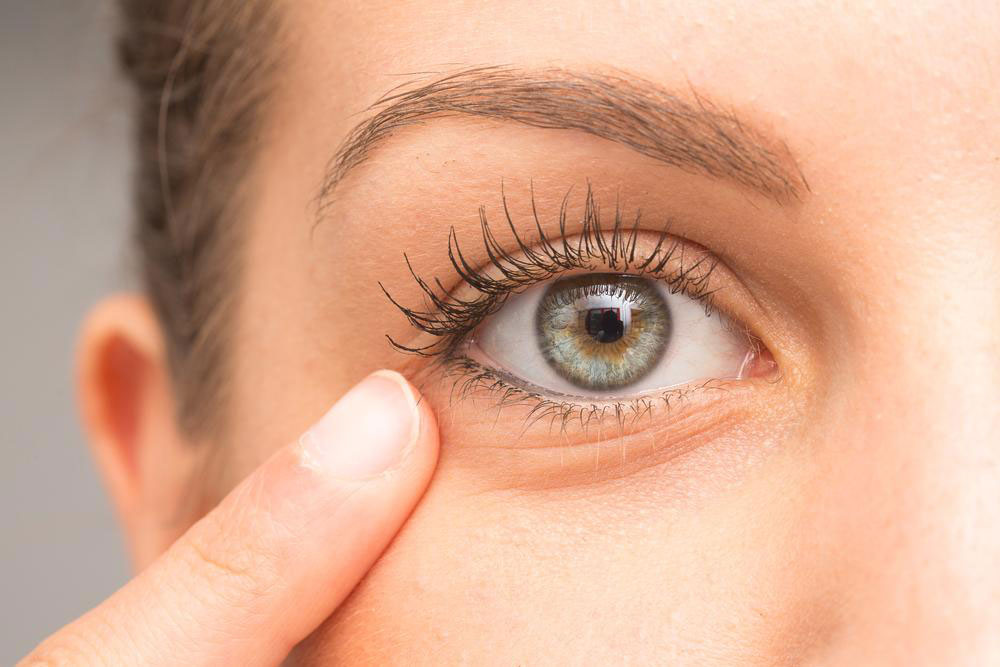
5 major causes of dilated pupils
5 major causes of dilated pupils
The human body is quite intricate, and every part, irrespective of how small it is, has vital functions to perform. For instance, the pupils in our eyes, which are the black circles in the eyes, gather light and bring it to the retina, another part of the eye to form images. These pupils widen or dilate in response to low light in a bid to collect more light. This is how pupils function under normal circumstances. However, there are instances when the pupils dilate independent of the presence of light in the environment. In fact, the pupils can stay dilated even in a bright environment. This unusual pupil dilation is termed as mydriasis.
Mydriasis or pupil dilation can become a cause for concern when the pupils continue to stay dilated in a bright environment and it occurs frequently. It is essential to visit a doctor to determine the underlying cause of pupil dilation.
Some of the prominent causes of mydriasis are as follows:
Anticholinergics
Anticholinergics are components that are found in prescription medications. These substances prevent certain chemicals from being transmitted to the eyes, muscles, and certain glands. They cause the pupils to become more dilated, and can even cause dry mouth, constipation, and decreased sweating. In case anticholinergics has caused pupil dilation, it can also cause dizziness and blurry vision. Stopping these medications can return the pupils to normal.
Increased oxytocin
Oxytocin is released during exercise, intimate physical relations, or social interactions with other people. It plays a major role during childbirth. In fact, research indicates that high levels of oxytocin help in heightening the response to human faces. However, increased levels of oxytocin can cause temporary mild to moderate dilation of pupils. Oxytocin usually has psychological effects that are related to increased emotional attachment and sexual arousal.
Eye injury
Another major cause of pupil dilation is an injury to the eye. An injury like blunt force trauma can damage the nerves that control the pupils or iris which is the pigmented part of your eye. An injury of this kind can disrupt the usual response of the pupil to the levels of light in the environment. The other symptoms can vary depending on the severity of the injury to the eye.
Drug use
Using drugs like ecstasy, cocaine, crystal methamphetamine, and hallucinogens can cause pupil dilation. The hallucinogenic drugs like lysergic acid diethylamide (LSD) drastically affect the serotonin receptors in the brain, which cause the pupils to dilate. Other stimulants like cocaine can increase the levels of serotonin and can have similar effects on the eyes. The other prominent effects of drug use include a weakened immune system, liver damage, nausea, abnormal heart rhythm, behavioral issues, and addiction.
Benign episodic unilateral mydriasis
The benign episodic unilateral mydriasis (BEUM) is a condition that causes pupil of one eye to dilate. People with BEUM often experience a mild headache, eye pain, light sensitivity, and blurred vision whenever they experience these episodes. Though BEUM is not a life-threatening disease, it is essential to get a complete examination of the nervous system and the eye to rule out the possibility of any serious underlying health condition. Also, BEUM occurs during a migraine headache and the individual might experience all the other symptoms along with a migraine headache.


